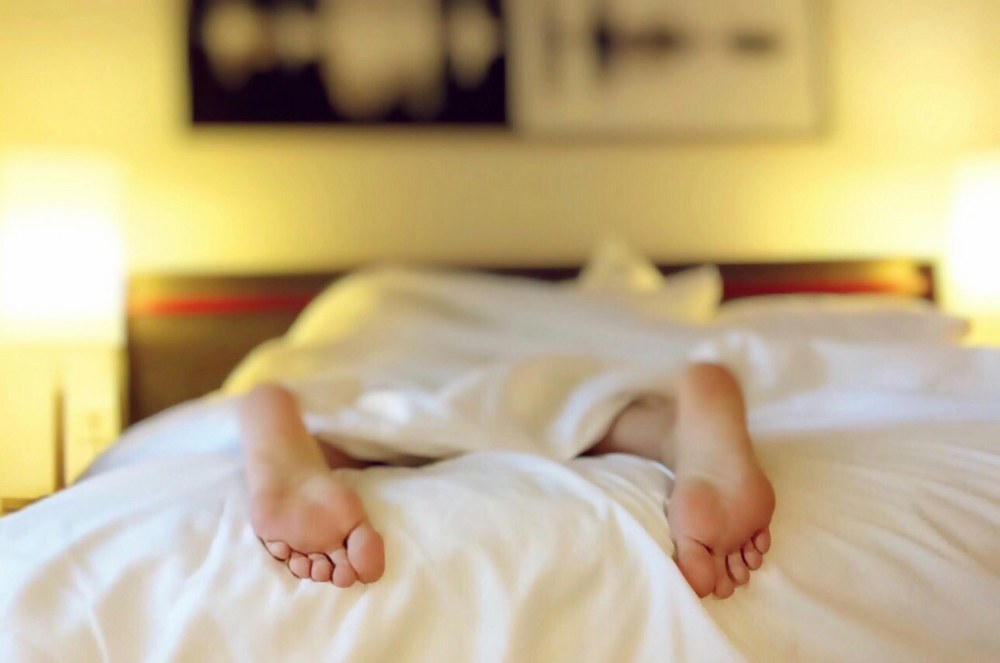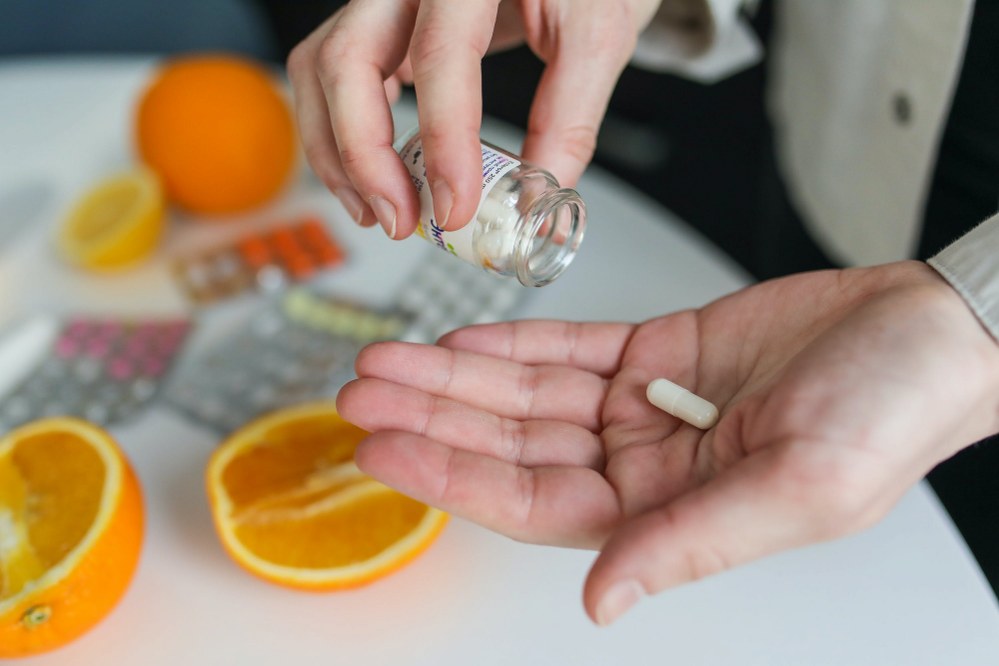How to Sleep Better: From Natural Remedies to Medication
Sleep, a fundamental pillar of our well-being, often proves elusive for single parents . Whether it’s the struggle to fall asleep, constant nocturnal awakenings, or waking up groggy, poor sleep can significantly impact both your physical and your mental health. This article aims to explore a range of methods to improve sleep quality – from natural remedies to medication.
Appreciating the Importance of Quality Sleep
Let’s start by acknowledging the significance of quality sleep. It’s not just a period of inactivity – it’s a dynamic process crucial for maintaining overall health. Adequate sleep contributes to physical restoration, cognitive function, and emotional well-being.
Decoding the Sleep Cycle: NREM and REM Phases
Sleep is a dynamic process consisting of distinct stages that cycle throughout the night in approximately 90-minute intervals. These stages are broadly categorised into two main types: non-rapid eye movement (NREM) and rapid eye movement (REM) sleep.
NREM sleep comprises three stages. Stage 1 is the transition from wakefulness to sleep, lasting a few minutes. Stage 2 is a slightly deeper sleep where heart rate and body temperature decrease. Stage 3, also known as slow-wave sleep (SWS), is the deepest NREM stage, crucial for physical restoration and growth.
REM sleep, characterised by rapid eye movements, vivid dreaming, and heightened brain activity, is the other major sleep phase. It usually occurs after a cycle of NREM sleep. REM sleep is associated with memory consolidation, emotional processing, and overall cognitive restoration. The body experiences muscle atonia during REM sleep, preventing physical movement.
Throughout the night, individuals go through multiple cycles of NREM and REM sleep. The proportion of time spent in each stage varies, with deeper sleep predominant in the earlier cycles and REM sleep becoming more prominent towards morning. The entire sleep cycle is essential for overall health, and disruptions to these stages can impact cognitive function, mood, and physical well-being. Understanding and prioritising these sleep stages contribute to a comprehensive approach to improving sleep quality.
Natural Hacks for a Good Night’s Sleep
1. Consistent Sleep Schedule
One of the simplest yet underrated strategies is sticking to a consistent sleep schedule. Going to bed and waking up at the same time every day helps regulate your body’s internal clock, improving sleep quality over time.
2. Relaxing Bedtime Routine
Establishing a calming bedtime routine, as you do for your kids, signals to your body that it’s time to wind down. This could include reading a book, taking a warm bath, or practising relaxation exercises. Avoid stimulating activities like intense TV shows or heated discussions in the hour before bed.
3. Optimise Your Sleep Environment
Your sleep environment plays a crucial role in your rest. Keep your bedroom cool, dark, and quiet. Invest in a comfy mattress and pillows, and consider blackout curtains if light is an issue. Making yours and your child’s bedroom a relaxing space can make a big difference in your sleep quality.
4. Cut Down on Stimulants and Electronics
Avoid stimulants like caffeine and nicotine in the hours leading up to bedtime. Additionally, limit screen time at least an hour before bed as the blue light from electronic devices can disrupt the production of the sleep hormone melatonin.

Eating Your Way to Better Sleep
Cooking healthy meals when you have little time can be a real struggle for single parents. But eating the right foods can greatly help improve your sleep quality. Avoid heavy meals and high-protein foods that take a long time to break down, and focus on foods that air relaxation and sleep:
1. Melatonin-Rich Foods
Melatonin, the sleep-wake cycle regulator, can be found in certain foods that aid sleep, like tart cherries, tomatoes, and grapes. Incorporating these into your diet might boost your natural sleep-inducing mechanisms.
2. Magnesium for Muscle Relaxation
Magnesium, known for its muscle relaxation properties, can be found in leafy greens, nuts, and whole grains. Including these in your diet might contribute to a more relaxed state before bedtime.
The Sleep-Exercise Connection
1. Regular Exercise
Regular exercise is a potent aid for enhancing sleep quality. Engaging in physical activity, especially aerobic exercise, promotes the release of endorphins, reduces stress hormones, and contributes to a more balanced circadian rhythm. However, it’s essential to time exercise appropriately, avoiding vigorous activity close to bedtime. Consistent exercise has been linked to improved sleep duration and efficiency, making it a valuable lifestyle strategy for those seeking better sleep. Integrating physical activity into one’s routine can positively impact single parents’ mental health and physical well-being, fostering restful nights.
2. Relaxation
Why is it that we sleep better on holiday? Our mind and body can relax as we are away from work, daily chores, and get more fresh air and exercise. If you book single parent holiday deals, you get the added benefit of being supported by a tour leader and a group of single parent families creating the perfect environment to relax.
On a day to day basis, incorporating relaxation exercises into your bedtime routine will also significantly improve sleep quality. Techniques such as deep breathing, progressive muscle relaxation, and guided imagery help calm the mind and reduce physiological arousal. Deep, slow breaths activate the body’s relaxation response, signalling the nervous system to shift into a more peaceful state. Progressive muscle relaxation involves systematically tensing and then releasing muscle groups, promoting physical relaxation. Guided imagery encourages mental focus on soothing images, diverting attention away from stressors. These simple yet powerful exercises create a conducive environment for restful sleep.

When Natural Remedies Aren’t Enough: Medication Options
While natural remedies lay the foundation, there are situations where additional interventions may be needed. Approach medication cautiously and under professional guidance.
1. Over-the-Counter Sleep Aids
These readily available aids, like antihistamines, can induce drowsiness and help with short-term sleep issues. However, they’re not a long-term solution and may have side effects.
2. Prescription Medications
For chronic sleep disorders, prescription medications may be necessary, such as Phenergan sleeping tablets. These should only be used under close supervision due to potential side effects and the risk of dependency.
Seeking Professional Guidance for Persistent Sleep Issues
If poor sleep persists, seeking help from a healthcare professional is crucial. Sleep disorders often require a comprehensive assessment for accurate diagnosis and tailored treatment plans.
1. Sleep Studies for Diagnosis
In unclear cases, a sleep study, or polysomnography, may be recommended. This diagnostic tool monitors various physiological parameters during sleep, providing insights into the nature of sleep disturbances.
2. Cognitive-Behavioural Therapy for Insomnia (CBT-I)
Cognitive Behavioural Therapy for Insomnia (CBT-I) is a highly effective therapeutic approach aimed at improving sleep by addressing the underlying cognitive and behavioural patterns that contribute to sleep difficulties. This evidence-based method recognises the intricate interplay between thoughts, emotions, and behaviours that can disrupt healthy sleep patterns.
CBT-I typically involves several key components. Cognitive restructuring helps individuals identify and challenge negative thought patterns related to sleep, replacing them with more realistic and positive beliefs. Sleep hygiene education promotes healthy sleep habits, emphasising the importance of a consistent sleep schedule and creating a conducive sleep environment.
Furthermore, stimulus control techniques help establish a strong association between the bed and sleep by restricting activities in bed to sleep-related behaviours. Sleep restriction involves gradually increasing the time spent in bed as sleep improves, reinforcing a more consolidated and efficient sleep pattern.
CBT-I has proven to be particularly beneficial for individuals with chronic insomnia, often outperforming pharmacological interventions in the long term. By addressing the root causes of sleep disturbances, CBT-I empowers individuals to cultivate sustainable improvements in their sleep quality and duration, leading to enhanced overall well-being.
In Conclusion: A Balanced Approach to Improved Sleep
Enhancing sleep involves a multi-pronged approach considering natural remedies and, when necessary, medication. Establishing healthy sleep habits, creating a conducive sleep environment, and adopting relaxation techniques are foundational. Dietary choices and regular physical activity contribute to overall well-being, positively impacting sleep quality.
When natural remedies fall short, judicious use of sleep aids or prescription medications may be considered, but always under professional guidance. The journey to better sleep is individual; experiment, be patient, and consult healthcare professionals for the most effective solutions. A good night’s sleep shouldn’t be a luxury; it’s a fundamental aspect of a healthy and fulfilling life.
About the author:
Single Parents on Holiday is the only tour operator in the UK offering single parent group holidays for single parent mums and dads and their kids. Go to single parent holiday deals for information, including dates and prices.



